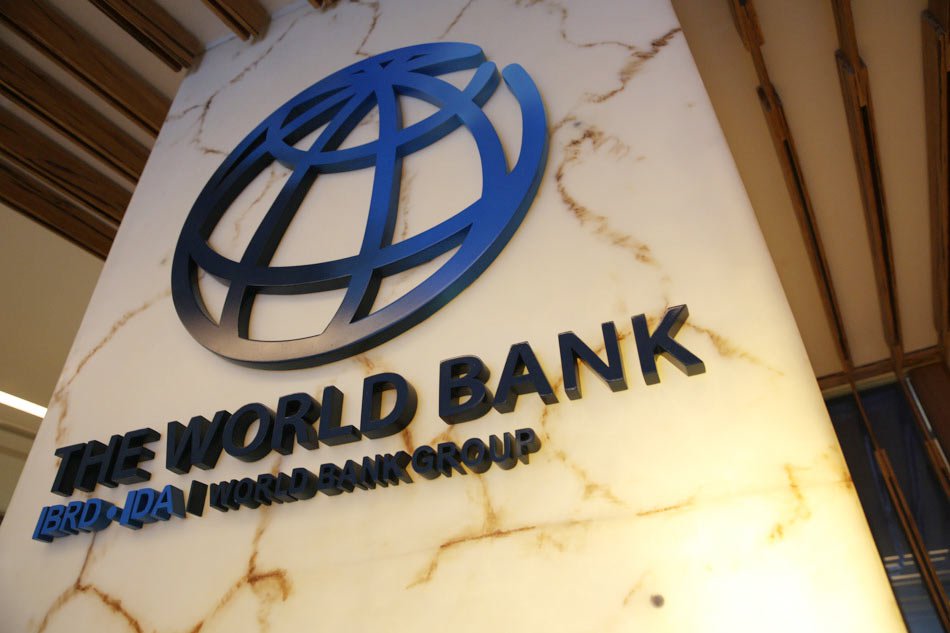Zero real wage growth in the Philippines for 16 years: World Bank

Between 2000 and 2016, there was zero real wage growth in the Philippines, which is atypical for a developing country, according to a World Bank report.
Lack of competitiveness in certain sectors – such as telcommunications and transport – is one reason for the income stagnation.
It will also be crucial for the country to attract more foreign direct investment in order to create more jobs and raise wages.
According to World Bank Philippines senior economist Rong Qian, this hinders the country’s objective of reaching middle-class status by 2040.
The Filipino’s government’s AmBisyon 2040 goal seeks to push all Filipinos towards a monthly income of P120,000 (SG$3000) a month, house ownership, and car ownership.
The middle-class target can only be achieved if real wages, which can also be defined in terms of purchasing power, can be raised, said Qian.
The World Bank report titled “Growth and Productivity in the Philippines: Winning the Future” states that the more efficiently the country can use its resources – human capital, natural resources, machines, technology, knowledge – the better chance it will have of generating high-paying jobs and reducing poverty.



